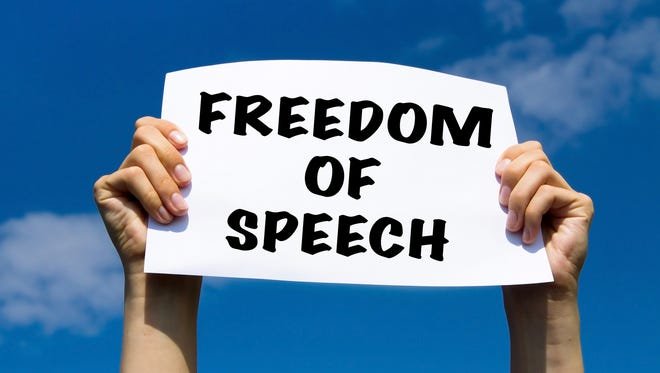
Emergency regulations in Sri Lanka limit freedom of expression in several ways
Emergency regulations often grant the government the power to censor or control media outlets. This can involve the suspension or closure of media organizations, including newspapers, radio stations, and television channels. The authorities may also impose restrictions on the dissemination of certain news or information, leading to self-censorship among journalists and media professionals.
Internet and Social Media Restrictions, During a state of emergency, the government impose restrictions on internet access and social media platforms. This involve blocking or filtering certain websites or social media platforms, limiting access to information, and monitoring online activities. These restrictions can curtail the ability of individuals to express themselves and share information online.
Restrictions on Public Gatherings, Emergency regulations often include provisions that restrict public gatherings or demonstrations. The Srilanka government impose bans on protests or place limitations on the size, location, or duration of gatherings. These restrictions can hinder the ability of individuals and groups to express their grievances or advocate for their rights in a public forum.
Surveillance and Monitoring, The enforcement of emergency regulations may involve increased surveillance and monitoring of communications. This can include monitoring phone calls, text messages, emails, and online activities. The fear of being under surveillance can create a climate of self-censorship, where individuals are hesitant to express their opinions or engage in critical discussions.
Arbitrary Arrests and Detentions, Emergency regulations often grant authorities the power to detain individuals without due process or on vague grounds of national security. This can lead to arbitrary arrests and prolonged detentions of activists, journalists, and individuals expressing dissenting views. The fear of being arbitrarily detained can have a chilling effect on freedom of expression.
Impunity for Human Rights Abuses, Emergency regulations can provide immunity to security forces and government officials for their actions during protests or other situations deemed as threats to national security. This lack of accountability can result in human rights abuses going unpunished, further stifling freedom of expression.
These are some of the ways in which emergency regulations in Sri Lanka can limit freedom of expression. It is important to note that the specific provisions and their impact may vary depending on the nature and scope of the emergency regulations in place.






